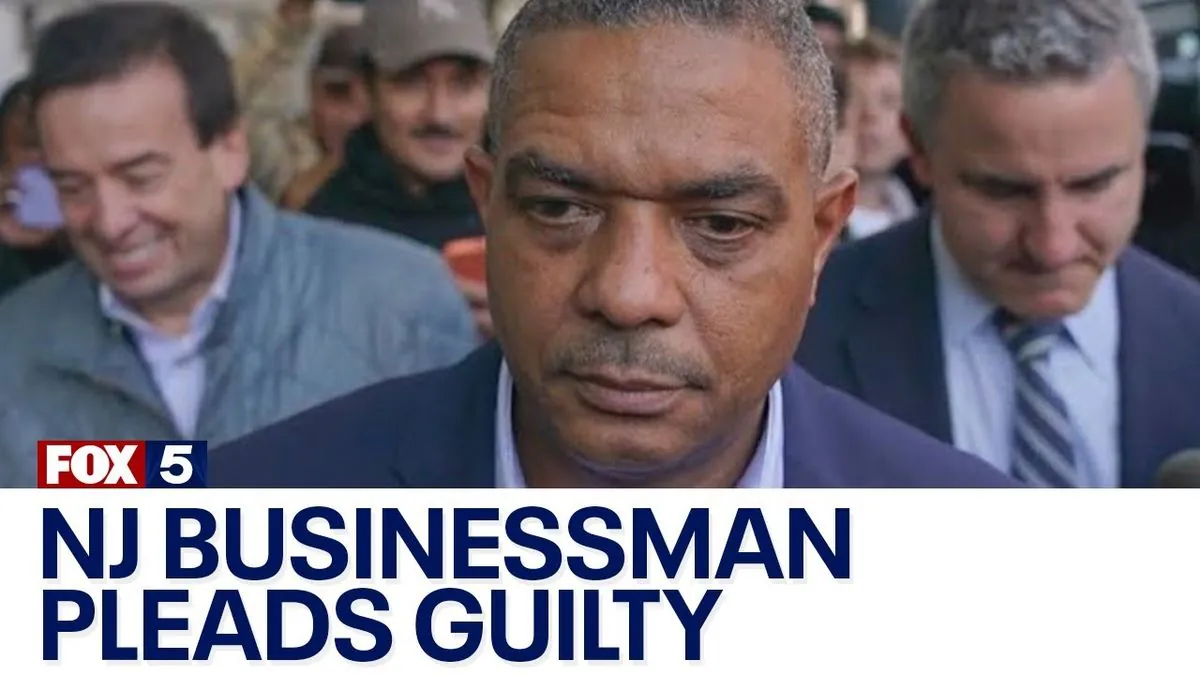In a significant development in western New York's business and political sphere, Hormoz Mansouri, a 70-year-old businessman from Buffalo, has admitted to orchestrating a multimillion-dollar fraud scheme involving pandemic relief loans. The case has drawn attention due to Mansouri's political connections and his unsuccessful bid for Erie County comptroller in 2021.
Hormoz Mansouri pleaded guilty to federal bank fraud and fraud conspiracy charges, acknowledging his "willful intent to violate the law." The admission came just weeks before his scheduled trial, with sentencing set for February. According to court documents, Mansouri faces a potential prison term of 33 to 41 months.
The fraud scheme involved the misuse of federal pandemic relief programs, including the Paycheck Protection Program (PPP) and Economic Injury Disaster Loan (EIDL) program. These initiatives were established in spring 2020 to assist U.S. businesses during the COVID-19 pandemic. Mansouri admitted to inflating his businesses' payroll costs and employee numbers on loan applications, resulting in approximately $3 million in fraudulent claims.
Mansouri's case is particularly noteworthy due to his extensive involvement in local and state politics. For decades, he has been a prominent political donor, primarily supporting Democrats but also contributing to Republican campaigns. His political aspirations culminated in an unsuccessful bid for the Democratic nomination for Erie County comptroller in 2021.
The businessman's connections extend beyond local politics. In the early 2000s, Mansouri was involved in billionaire Tom Golisano's successful efforts to acquire the NHL's Buffalo Sabres. This association introduced Mansouri to broader political circles, as Golisano was a founding member of the New York Independence Party and a three-time gubernatorial candidate.
"He did something that he never felt conceivable. Sadly, he feels that he let his family, friends and his country down. For that, he will be forever sorry."
Mansouri's background as an engineer and his establishment of several businesses in the Buffalo area underscore the complexity of his case. The fraud scheme not only involved his business operations but also allegedly funneled $200,000 into his county comptroller campaign account.
As the case unfolds, it serves as a stark reminder of the potential for abuse in emergency relief programs and the far-reaching consequences of financial fraud. The outcome of Mansouri's sentencing in February will likely have significant implications for both the local business community and political landscape in western New York.
